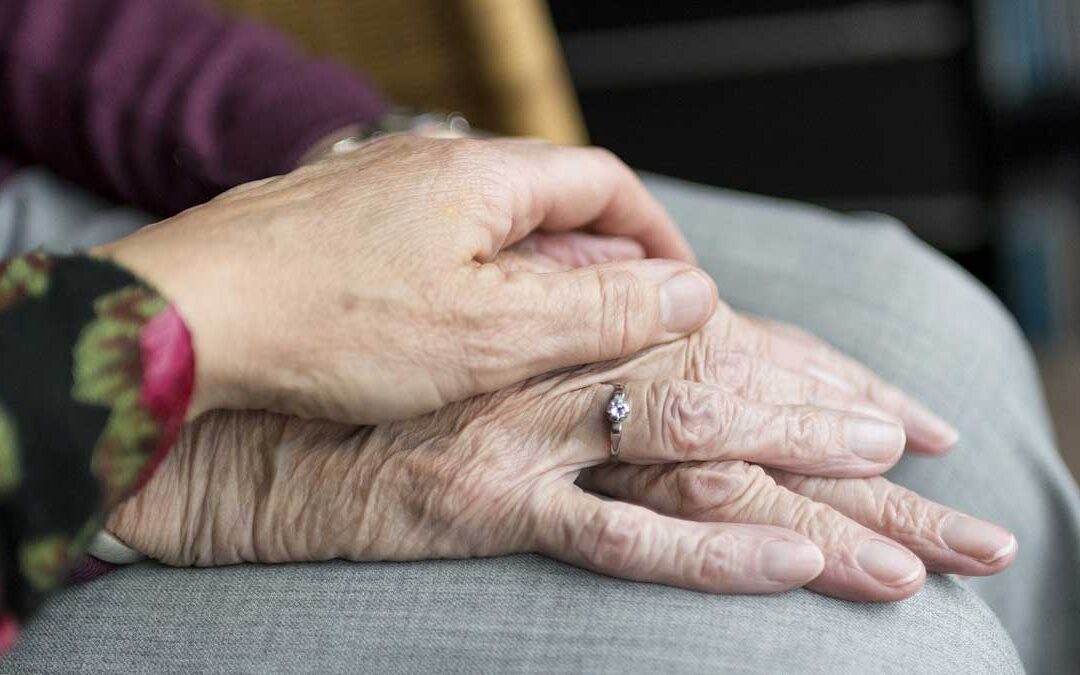The role of a caregiver can be simultaneously rewarding and demanding. Taking care of a loved one, be it an aging parent, a disabled family member, or a child with special needs, requires immense dedication, time, and energy. The responsibilities and challenges faced by caregivers often lead to increased stress levels, impacting their physical and mental well-being. In this blog post, we will explore the stress of caregiving and delve into the ways in which yoga and meditation can provide much-needed support. Additionally, we will shed light on the “sandwich generation,” a group facing unique caregiving pressures.
Understanding the Stress of Caregiving: Caregiving entails a range of responsibilities, including providing emotional support, managing medical appointments, assisting with daily tasks, and navigating complex healthcare systems. These demands can have a profound impact on caregivers, leading to increased stress levels and a decline in their own self-care.
The Sandwich Generation: The term “sandwich generation” refers to individuals who find themselves simultaneously caring for aging parents while raising their own children. This generation often faces unique stressors, juggling multiple roles and responsibilities. According to a Pew Research Center study, nearly half of adults in their 40s and 50s find themselves in this situation, creating a complex caregiving dynamic.
How Yoga and Meditation Can Help:
- Stress Reduction: The practice of yoga and meditation has been proven to reduce stress levels by activating the body’s relaxation response. Engaging in mindful breathing exercises, gentle yoga poses, and meditation techniques can promote relaxation and alleviate the physical and emotional burden of caregiving.
- Emotional Well-being: Caregivers often experience a wide range of emotions, including guilt, anxiety, and exhaustion. Yoga and meditation provide a safe space to acknowledge and process these emotions, promoting emotional well-being and resilience. The mindfulness cultivated through these practices helps caregivers find moments of inner peace and self-compassion.
- Improved Physical Health: Caregiving can take a toll on the physical health of caregivers, resulting in exhaustion and neglecting their own well-being. Yoga offers gentle physical movements that can enhance flexibility, strength, and posture. Regular practice can help alleviate muscular tension and promote overall physical well-being.
- Enhanced Mental Clarity: The demands of caregiving can lead to mental fatigue and a sense of overwhelm. Yoga and meditation support mental clarity by quieting the mind, increasing focus, and reducing anxiety. These practices cultivate a sense of presence and help caregivers navigate their responsibilities with a greater sense of calm and clarity.
Taking care of oneself while caring for others is of utmost importance. It is not selfish or indulgent but rather a fundamental aspect of being an effective and compassionate caregiver. When we neglect our own well-being, we risk depleting our physical, mental, and emotional reserves, which can ultimately compromise our ability to provide quality care. By prioritizing self-care, setting boundaries, and attending to our own needs, we ensure that we have the energy, resilience, and emotional capacity to fulfill our caregiving responsibilities with greater compassion and patience. Taking care of ourselves is not only an act of self-preservation, but it also models healthy behavior to those we care for and demonstrates the importance of self-care in maintaining overall well-being. In essence, self-care is an essential ingredient in sustaining our ability to care for others effectively and with genuine empathy.
If you are a caregiver, in the sandwich generation, or just need some self-care right now for your own reasons, consider joining me at Kripalu from June 30th – July 2nd.


Recent Comments